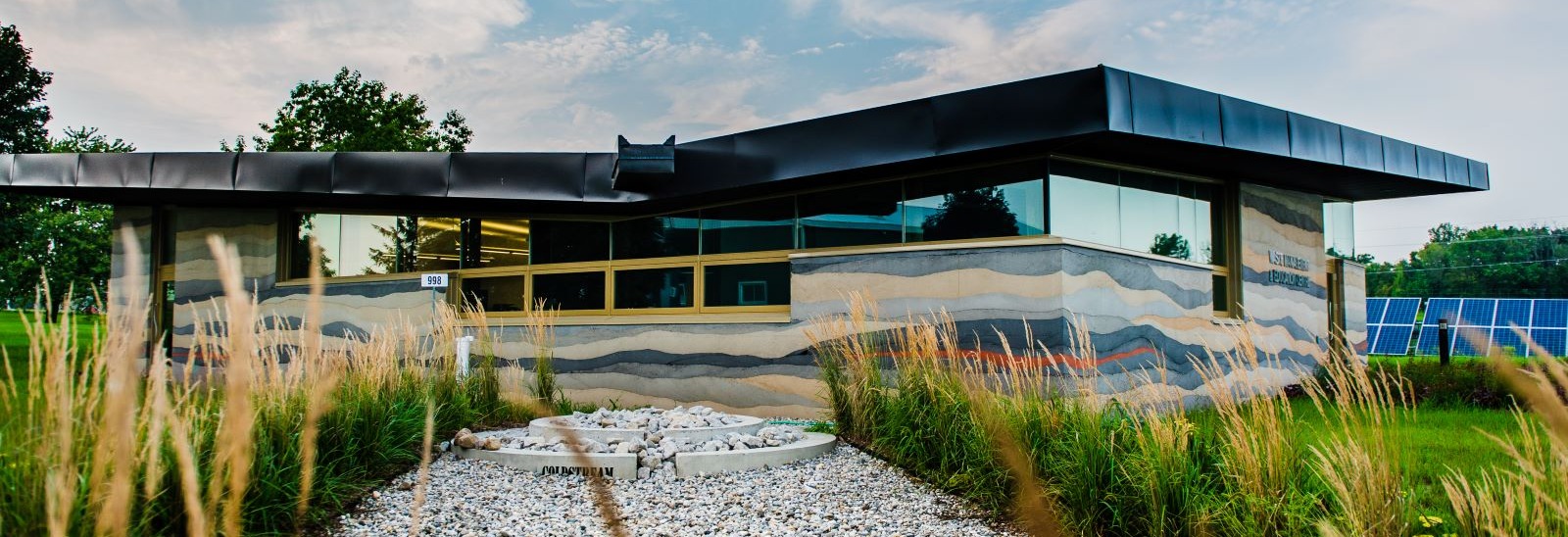Hazardous Waste
How do I dispose of:
| Mixed materials (oil and gas, antifreeze and oil, etc.) |
| Recycled at no charge but the container’s contents must be clearly labelled for sorting. Improperly sorted chemicals can cause health and safety hazards. |
| Empty aerosol containers |
| Put in blue box for recycling if empty. If any material is left, bring to the hazardous waste depot. |
| Paint cans |
| Place empty metal paint cans in blue box for recycling. Plastic paint cans with dried paint on the inside should be put in the garbage. If there is paint leftover, bring it to the hazardous waste depot for proper recycling. |
| Green camping propane cylinders |
| Must recycle at the hazardous waste depot only: propane cylinders cannot be recycled through the blue box system as they are pressurized and present a major health and safety hazard to drivers and sorters. |
| Acceptable container sizes |
| Pails or containers accepted to a maximum of 5 gallons (18-20 liters). |
| Do I need approval first before going to the hazardous waste depot? |
| If you are unsure about the type or amount of material you have, call ahead to 519-539-9800 or toll free to 1-800-755-0394. |
Depot information
Location
384060 Salford Road
Salford, ON N0J 1W0
Hours
The depot is open 6 days/week:
Monday to Friday - 8:30 a.m. - 4:30 p.m.
Saturday - 8:00 a.m. - 4:00 p.m.
Fees
Recycling hazardous materials is no charge.
| Bringing hazardous materials to the depot |
|
Bring materials to the depot in a sealed container to a maximum size of 20 litres or 5 gallons. Note: all containers are also considered contaminated and must remain at the site. The depot will accept household hazardous waste from Oxford County residences only.
|
| What happens to hazardous materials? |
|
Hazardous materials should be used fully at home for their designed purpose to eliminate the need for recycling the material. If there is some hazardous material left, or they are items such as batteries that have a set useful life, the hazardous waste can be recycled. Recycling segregated loads of residential hazardous materials is no charge.
|
| Disposing of sharps and Needles |
|
What are sharps? "Sharps" is a medical term for devices with sharp points or edges that can pierce the skin. Examples include needles, syringes, insulin "pen-tips", etc. Why can't sharps go in the garbage or blue box? For the health and safety of our waste collectors, DO NOT put syringes in the garbage or recycling or flush them down the toilet. They are medical waste and need to be disposed of safely to prevent the possible spread of diseases. Garbage and recycling pick-up could be discontinued at a property if sharps are found poking out of garbage bags or in recycling boxes. Please handle used/discarded sharps with care.
|
| Unacceptable materials |
Call 519-539-9800 ext. 3159 to get information on how to safely dispose of this material. Note – we have answers for asbestos, flares, fireworks and ammunition, pathological waste (Stericycle) and open or leaky containers. |














